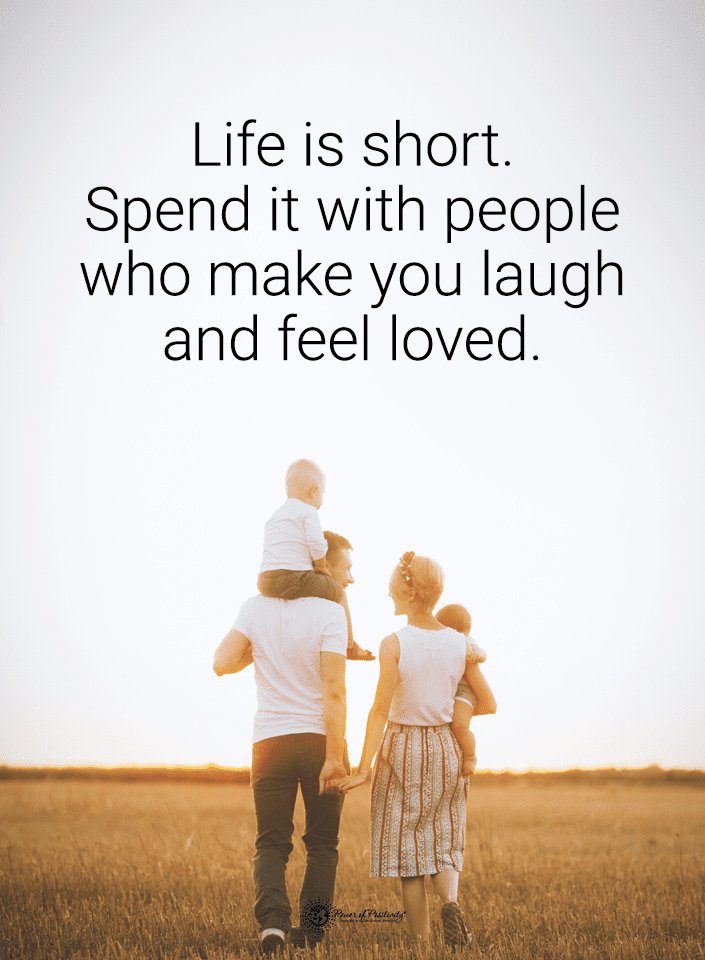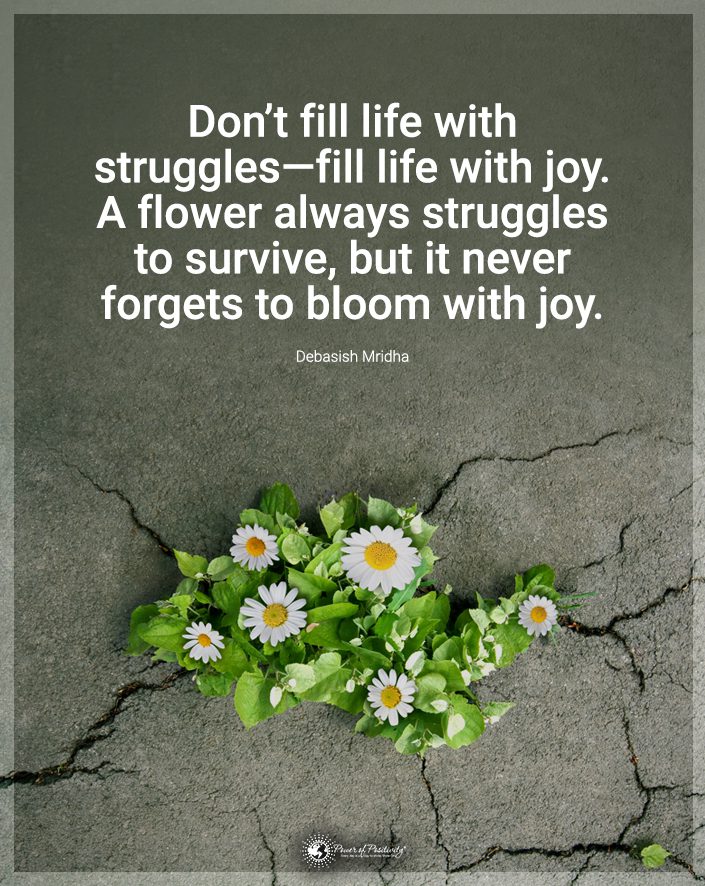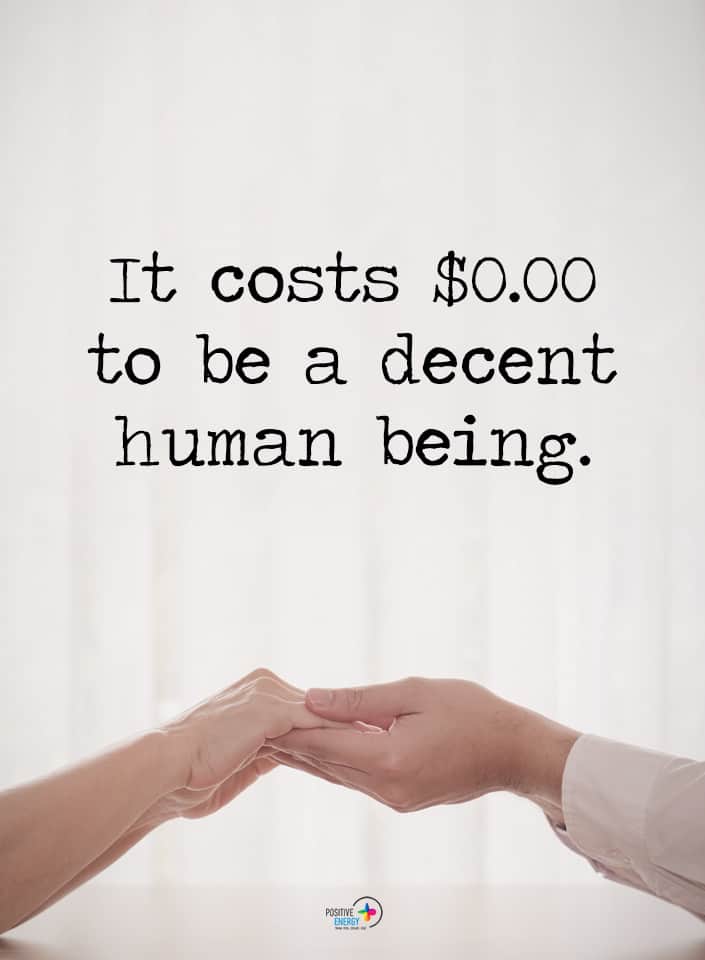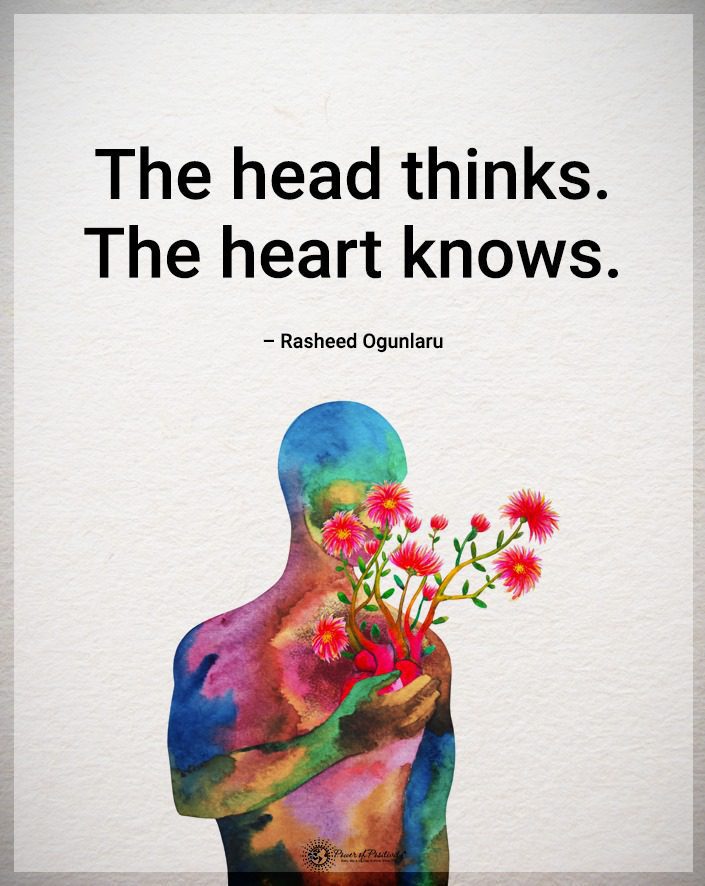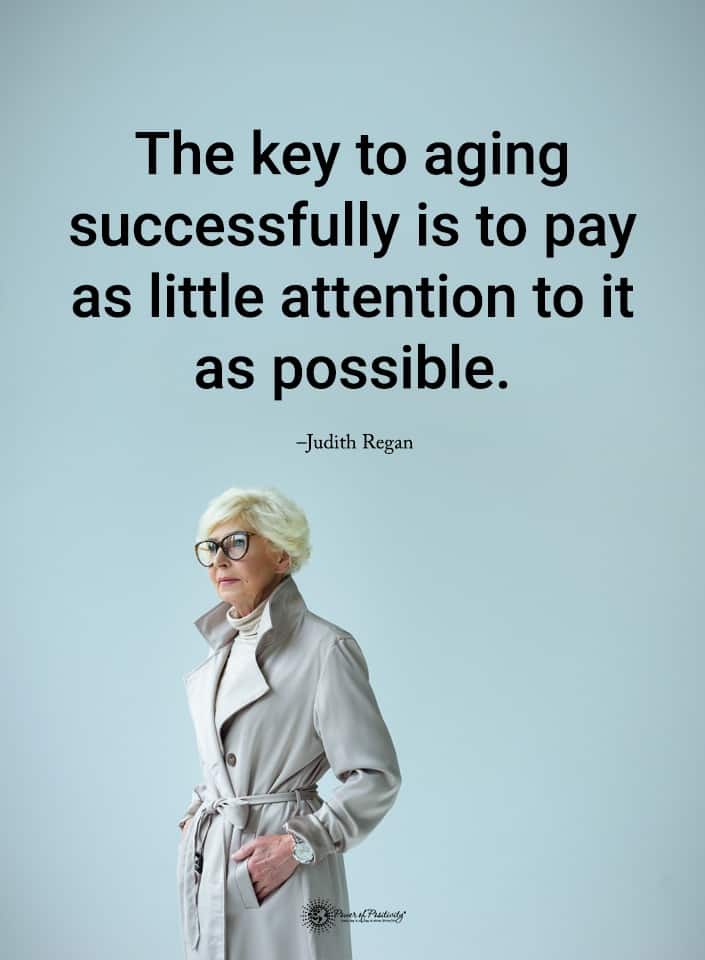Creative thinking often comes naturally to children as they explore the vast world. Youngsters have an innate curiosity about life and may gravitate toward art and music to express themselves. Kids with a proclivity for science and math can benefit from creative endeavors. For instance, a child interested in building things may become an engineer or architect.
Creativity helps a child grow and encourages them to think about the world in new ways. We live in a very logic-driven world, but the arts also have a special place in society. Many people find an outlet in listening to music, for instance, as it helps them process emotions and releases stress. Parents should try to instill an appreciation for creativity in their children at a young age. It will benefit them greatly in the future as they learn how to navigate the world in adulthood.
Eight Benefits of Creative Thinking
- Creativity promotes self-reflection and introspection.
- It encourages risk-taking and confidence.
- Creative thinking allows you to let go and enjoy the process of creating.
- Creativity puts you in a flow state where movement and thought become one.
- It gives children a sense of pride and accomplishment.
- Studies show it enhances problem-solving and learning.
- Creativity reduces anxiety and stress.
- It can help young adults process difficult emotions and overcome traumatic experiences.
Nine Ways to Encourage Creative Thinking in Children
Creative development improves every facet of society, from humanities to science to engineering. After all, the Earth without art would be “eh.” Nothing could even exist without creativity because it’s an essential component of our intelligence. Everything you see around you comes from the mind of a human being, representing the merging of thought and willpower.
People passionate about creating something become wholly absorbed in the imaginative process. They give their entire being to a project because they work from the heart rather than pure intellect. That massive burst of energy allows them to work hours without losing focus.
Time seems to stand still in a flow state, and only pure love and joy exist. Therefore, encouraging creative thinking in young adults allows them to connect with their most authentic selves.
Below, we’ll go over a few ways to teach children creative thinking so they can thrive in life.
1. Observe your child.
If you want to encourage creativity in children, it helps to know what piques their interest. Watch your child explore the world around them and notice what they gravitate towards. Simply observing them will help you guide them on their creative journey.
2. But let them explore at their own pace.
In parenting, too much oversight can feel stifling and overbearing to young adults. A child needs a healthy sense of autonomy to learn and grow independently. So, please encourage your child to have curiosity about the world while giving them space to flourish.
3. Get them out into nature to develop creative thinking.
Sadly, many kids today don’t have a connection to the natural world. They spend far too much time on tablets and phones, fully immersed in an artificial reality. But encouraging children to spend time outdoors can unlock their creative thinking abilities. Try to get them outside at least a few times per week in a natural area, such as a forest or beach.

4. Give your child the tools they need to grow.
Does your child show a particular interest in something, such as painting or writing? If so, get them books or programs on the subjects they are passionate about exploring. That will give them direction in the creative process and provide them with goals.
5. Set limits on technology.
We have universal knowledge at our fingertips, but creativity has taken a nosedive. Smartphones do so much of our thinking that we have become mentally lazy. So, it’s essential to give young adults boundaries with technology so they don’t become too dependent on it.
6. Encourage your child to read to promote creative thinking.
Many little ones today don’t read books anymore, only searching online articles for information. However, children might find it easier to absorb information by reading books the old-fashioned way. Without all the distractions that come with smartphones, children can focus on the subject more easily. Please encourage them to read books about topics that interest them, which will stimulate creative thinking.
7. Please help your child find an activity that builds on their strengths.
Children do best when working on challenging tasks that don’t frustrate them. Entering the flow state becomes more accessible when a child is neither bored nor overwhelmed. By knowing your child’s abilities, you can assist them in finding activities that foster personal growth.
8. Give your child constructive feedback.
Young adults need the freedom to explore creative thinking in their own way without someone micromanaging them. Yet, giving them too much leeway can make them overly sensitive to criticism. Give your child constructive feedback every so often to help them monitor their progress. Also, get teachers or mentors involved who can give your child direction in their creative endeavors. Children need to know if they’re improving and how they can continue growing in their craft.
9. Urge your child’s teachers to give lessons on creative thinking.
The arts have never been more critical to a child’s development. We’re living in a time of rapid technological advancements and societal upheaval. Children need an outlet to help them adapt to all these changes and process their emotions. Creative thinking in school can provide a foundation for them to build on their creative interests. With skyrocketing mental illness rates in teens, many educators also explain that art classes help young adults destress and relax.
Final Thoughts on Promoting Creative Thinking in Children
Children need a healthy balance of logic and creativity to thrive in this ever-changing world. Too much creativity can make them ungrounded, but relying on reason stifles emotional expression. Therefore, teaching children creative thinking at a young age is essential to help them grow into healthy adults. You can do this in several ways, including urging your child to play outdoors to buying them books about things that interest them. If you support their curiosities early on, it will help give their life direction and purpose.

